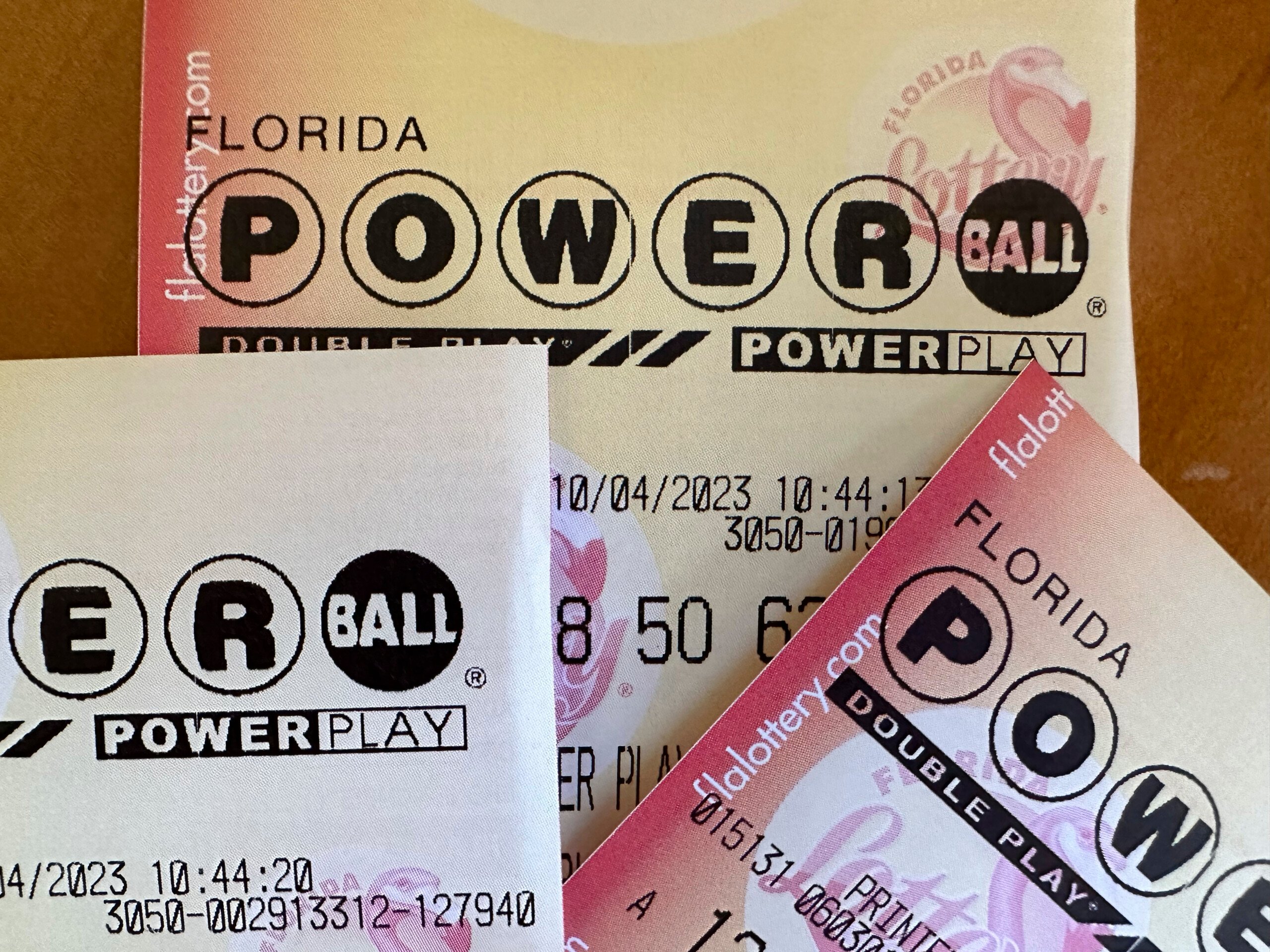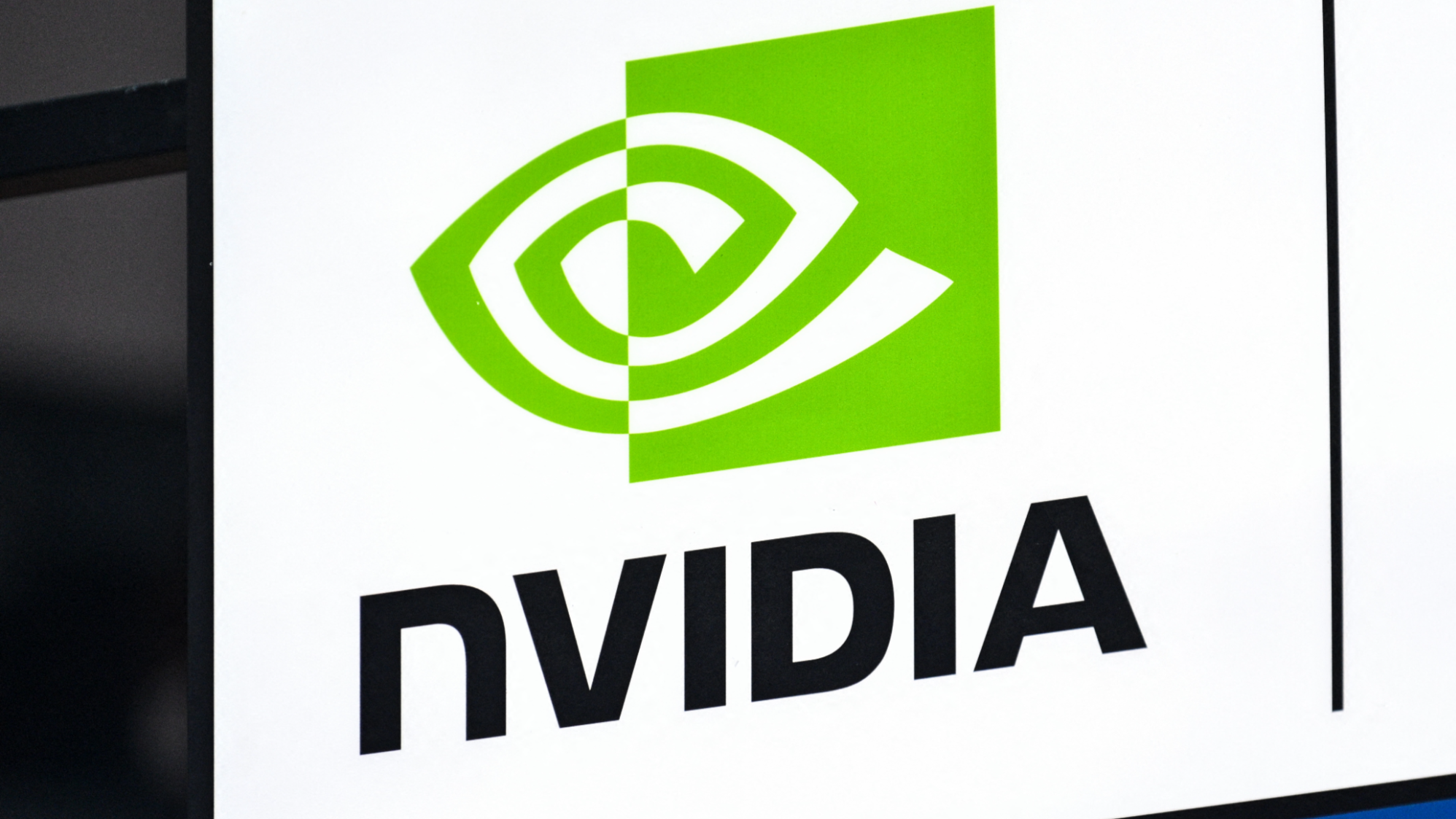The anticipation for one of the country’s most favored lotto games is on the rise as the Powerball prize has climbed past the $600 million threshold. With the upcoming draw set for Monday evening, countless participants throughout the United States are eager to obtain their tickets, dreaming of converting a modest stake into a transformative win. The swift growth of the jackpot has positioned it among the foremost in the game’s history, igniting excitement and discussions across the nation.
The Powerball lottery has historically represented both luck and aspiration. Participants spend only a small amount of money for the chance to win exceptional amounts of wealth, with the jackpots frequently soaring into the hundreds of millions. The latest surge over $600 million highlights how rapidly the reward can increase when there is no winner for the top prize in the drawings. Each time it rolls over, tens of millions are added to the jackpot, drawing public interest and fueling fantasies about how life might be transformed with such a massive financial gain.
Although the odds of hitting such a jackpot are low, the enticing chance maintains a strong interest. Numerous participants view the Powerball not just as a wager but also as a source of enjoyment that sparks their creativity. The notion of purchasing a ticket and pondering possible outcomes is integral to the experience. For some individuals, the exhilaration stems from considering debt repayment, acquiring a new house, aiding relatives, or giving to meaningful charities. For others, it’s merely about savoring the excitement of being involved in something bigger than their own lives.
This surge in the jackpot has been attributed to a string of drawings with no top prize winners. Each drawing without a jackpot hit means that the prize carries over, attracting even more ticket buyers. The cycle of rollovers feeds into growing participation, creating a snowball effect that pushes the jackpot higher and higher. The $600 million milestone represents one of the most significant accumulations in recent months, signaling just how rare it is for no one to match the winning numbers over so many consecutive drawings.
For those unfamiliar with the game, Powerball is played by selecting five numbers from a pool of 69 white balls, along with one red Powerball number from a separate pool of 26. To win the grand prize, all six numbers must match the numbers drawn. While the odds of doing so are extraordinarily steep—roughly one in 292 million—the existence of smaller prize tiers keeps many players engaged. Even if the jackpot is elusive, participants have the chance to win prizes ranging from a few dollars up to one or two million dollars, depending on the numbers they match and any multipliers they may choose to include.
The fascination with massive lottery jackpots extends beyond just the financial implications. Sociologists and economists have long studied the cultural significance of lotteries in modern society. For some, playing the lottery represents hope in times of economic uncertainty. It offers a glimmer of optimism that wealth can change hands overnight, bypassing years of financial struggle. Critics, however, argue that lotteries disproportionately attract participation from individuals in lower-income brackets, who may spend significant amounts chasing a statistically improbable outcome.
Although there are reservations, the allure of Powerball increases as the prize sum reaches levels that capture media attention. Retail outlets like convenience stores, grocery stores, and digital platforms experience significant increases in ticket purchases during these times. The collective enthusiasm sometimes becomes a communal event, where individuals discuss their “fortunate numbers,” workplace groups come together, and friends create agreements on how they would divide any potential winnings. The social aspect of a large jackpot adds an extra layer of interest to the occasion.
Experts often advise individuals to partake in the lottery with practical expectations. While dreaming contributes to the enjoyment, financial advisors commonly recommend considering lottery tickets as a type of amusement instead of a dependable method for accumulating wealth. For the few who succeed in winning a jackpot, unexpected wealth brings its own set of challenges. Research has indicated that lottery winners may encounter distinct financial and psychological obstacles, such as handling newfound assets wisely and adjusting to the significant alterations in personal relationships that prosperity can introduce.
The logistics of claiming a jackpot of this size are also worth considering. Winners typically have the choice between receiving the prize as an annuity, paid in installments over three decades, or as a lump-sum cash payout that is significantly smaller but immediate. The decision often depends on financial goals, tax considerations, and long-term planning. Given the magnitude of the prize, both options represent life-altering sums of money that require careful decision-making with the guidance of financial professionals.
As anticipation builds for Monday’s drawing, many Americans are preparing their entries with renewed excitement. The more the jackpot grows, the more attention it garners from media outlets and communities alike. The allure of $600 million—or potentially even more if no one claims the prize this round—makes it one of the largest current jackpots anywhere in the world. For lottery enthusiasts, this drawing is not just another chance at winning, but an event that symbolizes opportunity and possibility on a grand scale.
Lottery entities gain considerable advantages from increasing jackpots. Income from ticket purchases supports state projects and initiatives, frequently allocated to education, infrastructure, and community development. This dual role—providing entertainment for participants and generating income for public initiatives—helps maintain the enduring popularity of games such as Powerball. As the jackpot rises, the more substantial the resources that can be redirected into these critical areas, initiating a chain reaction of positive outcomes.
The widespread interest in enormous jackpots permeates popular media and daily discussions. Late-night talk show hosts, radio personalities, and social media users frequently engage in conversations and humor about potential winners, imaginary purchases, and how average individuals might handle an unexpected fortune. This shared intrigue transforms each lottery draw into an event of national curiosity, bridging diverse demographics and backgrounds.
Though the chances do not change no matter the number of participants, the surge in ticket purchases as the prize grows only strengthens the widespread attraction of the aspiration. Observing lengthy queues at convenience stores and the excitement of individuals verifying their numbers afterward illustrates how embedded lottery culture is in American life. Even individuals who seldom buy tickets frequently bend their rules when prizes exceed particular thresholds, enticed by the prospect of unique opportunities.
As Monday’s drawing nears, the country eagerly anticipates whether a fortunate person—or a group participating in a pool—will secure the remarkable prize. If no one claims the jackpot this time, the amount will increase once more, possibly setting new records. Every rollover adds to the excitement, guaranteeing that the Powerball stays a major part of American culture for the foreseeable future.
Although the odds of selecting the winning numbers are extremely low, taking part in the lottery encompasses much more than merely the cash prize. It symbolizes hope, creativity, and the excitement of potential. Regardless of whether the $600 million jackpot is claimed by someone this Monday, the excitement it has sparked showcases the enduring human captivation with luck and opportunity.




